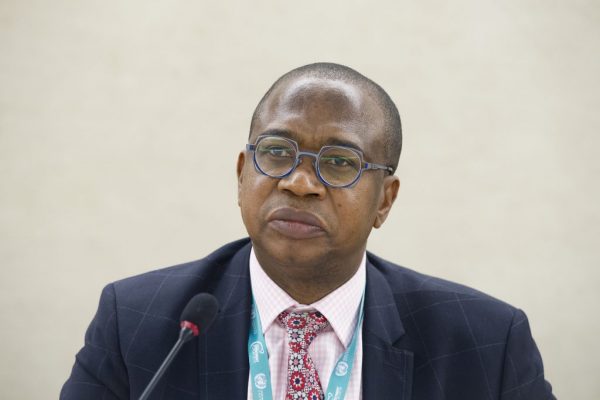Zimbabwe’s gold exports in the first six months of 2024 surged by 14.6% to US$970.4 million, up from US$846.6 million in the comparable period of the previous year, as bullion defied the trend of weakening prices that characterized the same period. This was largely due to its status as a “safe haven” for many economies.
By Ryan Chigoche
This development was confirmed by the Minister of Finance and Investment Promotion, Mthuli Ncube. Gold’s reputation as a “safe haven” asset plays a significant role in driving its demand, especially during times of economic uncertainty or financial market volatility.
As a result, Ncube said the increase in exports was due to surging prices driven by gold’s haven status. “The increase in gold exports in the first half of 2024 was largely driven by higher global gold prices, buoyed by safe-haven demand amidst prevailing global economic uncertainties,” Ncube said.
Ongoing conflicts, such as the war in Ukraine and tensions in the South China Sea, have heightened global uncertainty. These situations have driven investors to seek refuge in gold, pushing up demand as they look to protect their assets from the potential fallout of these conflicts.
The performance of gold defied the odds as the prices of many other minerals, particularly those in the PGMs sector, declined during the same period.
However, Ncube noted that the sector’s resilience, despite weakening commodity prices, was bolstered by new minerals like lithium and anticipated growth in output for nickel and chrome.
He added that without this support, the sector would have suffered significantly.
As a further boost to the sector, Ncube said the Ministry of Mines and Mining Development was allocated ZiG 36.7 million to support activities within the sector in the face of softening commodity prices.
“To support interventions in the sector, a total amount of ZiG 36.7 million, inclusive of employment costs, was disbursed during the first six months of 2024 to the Ministry of Mines and Mining Development. The sector also benefited from capacity-building initiatives by development partners amounting to US$177,478, aimed at enhancing transparency and accountability,” Ncube said.




